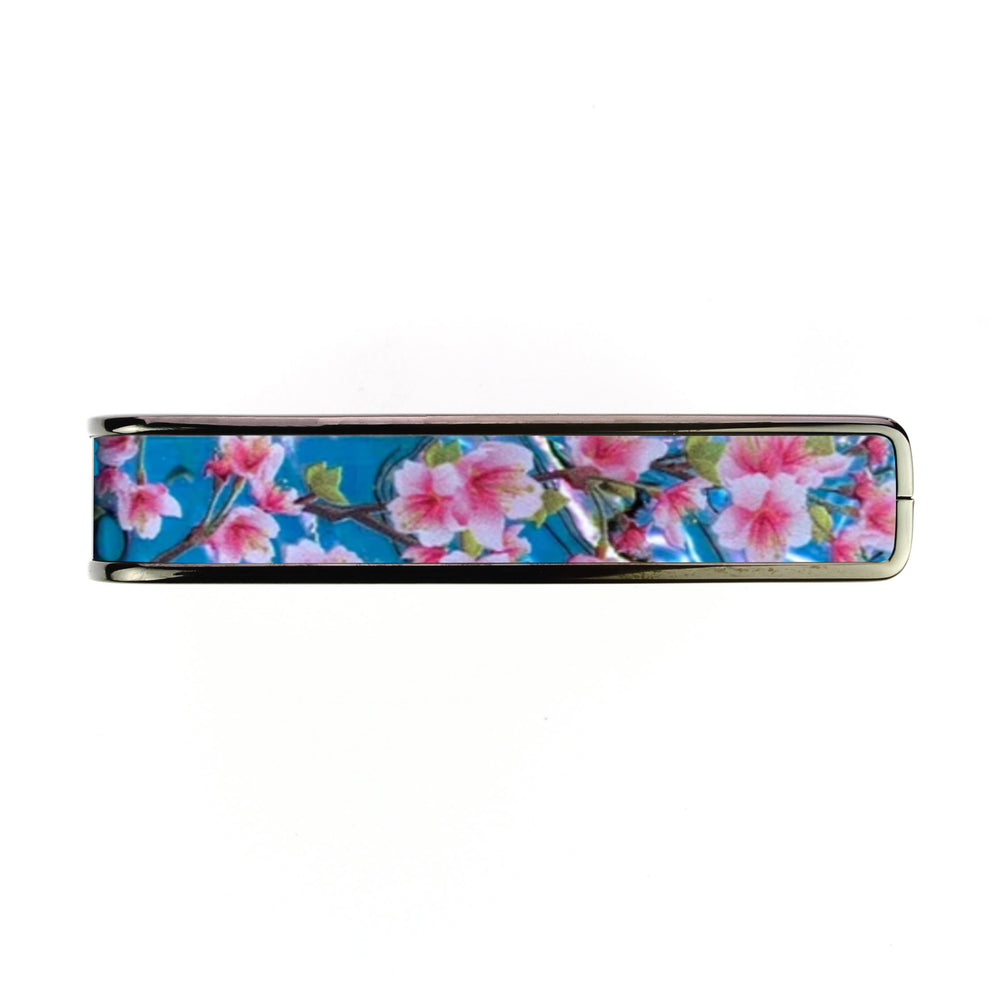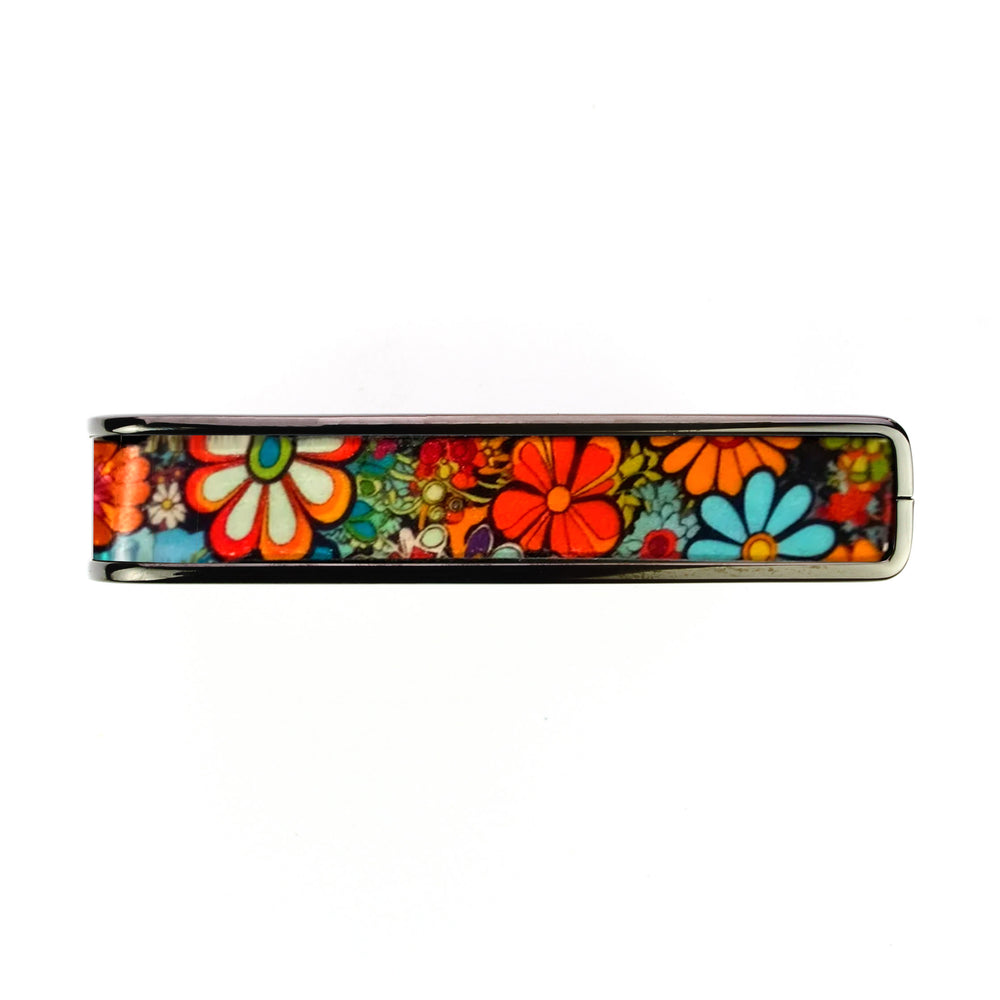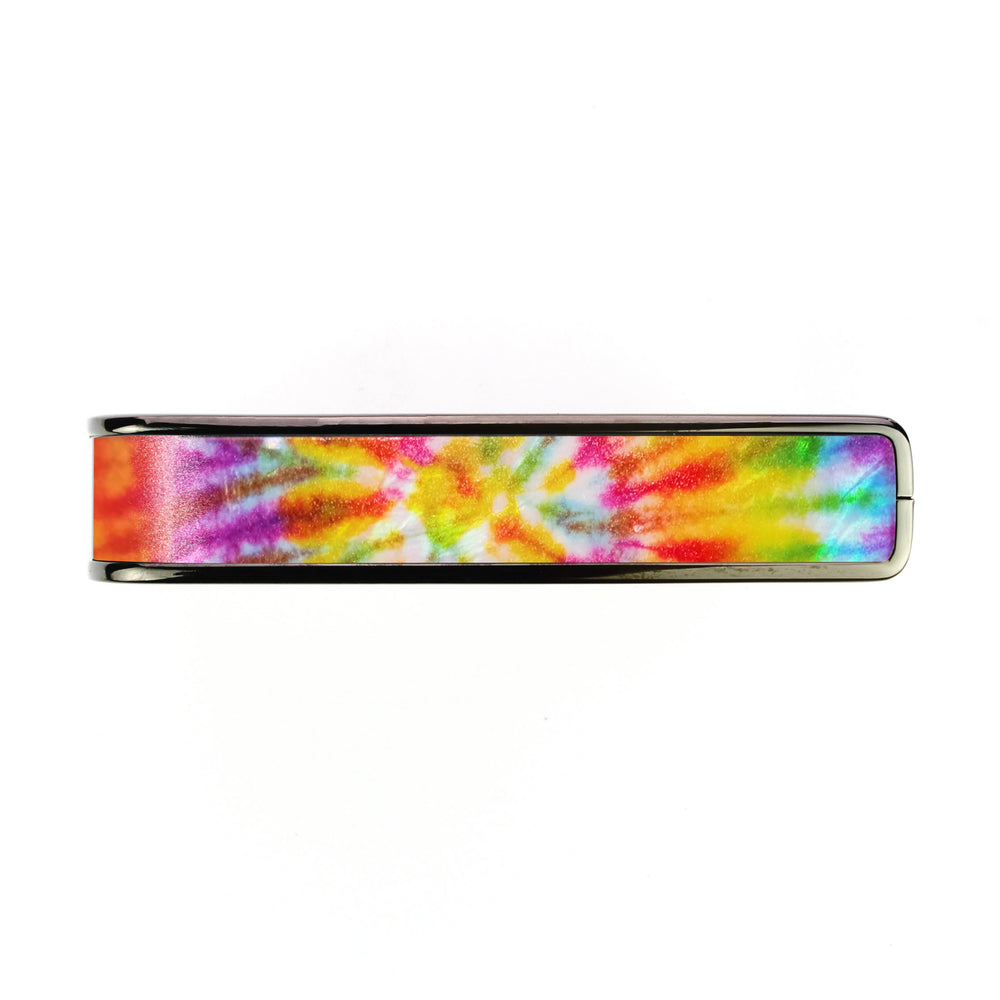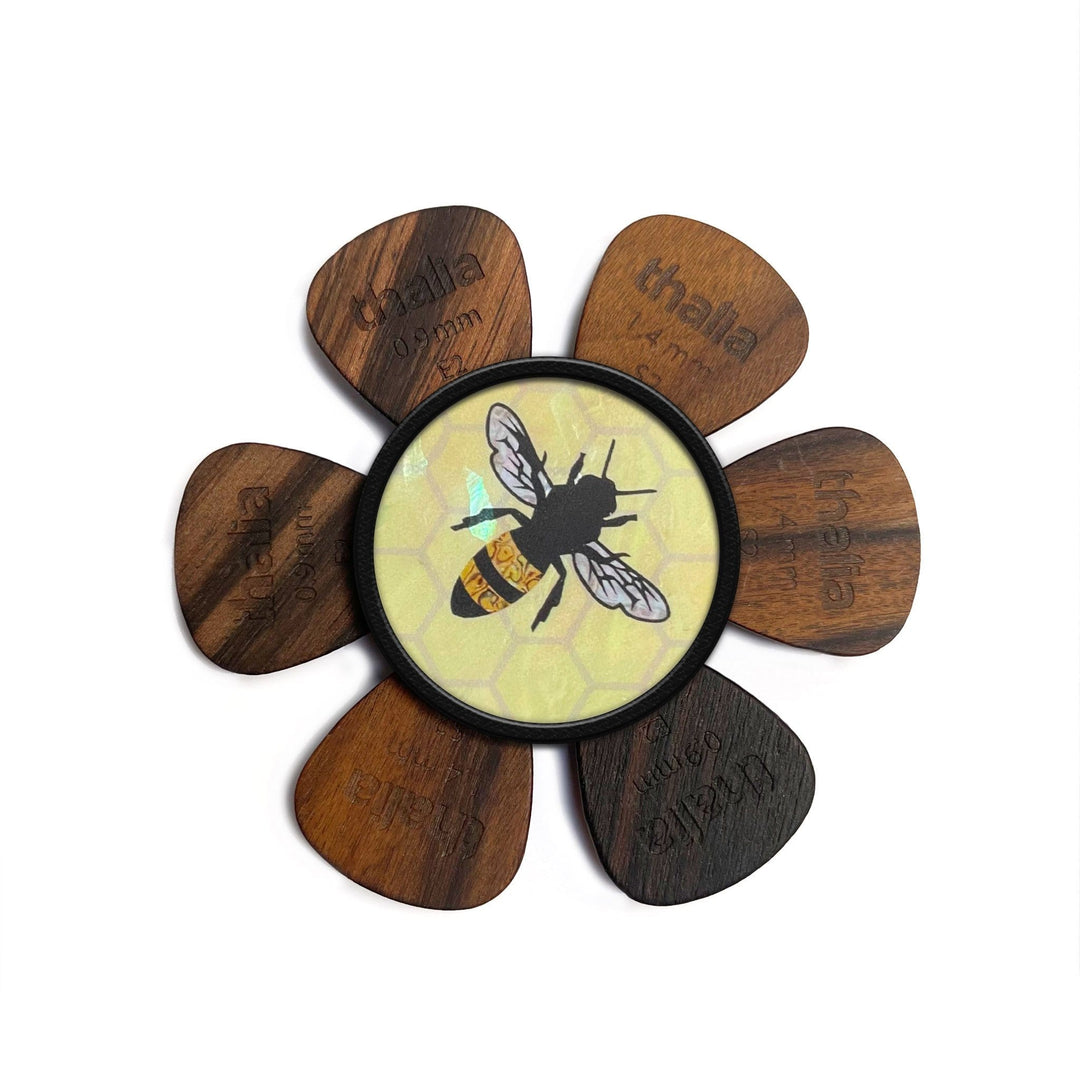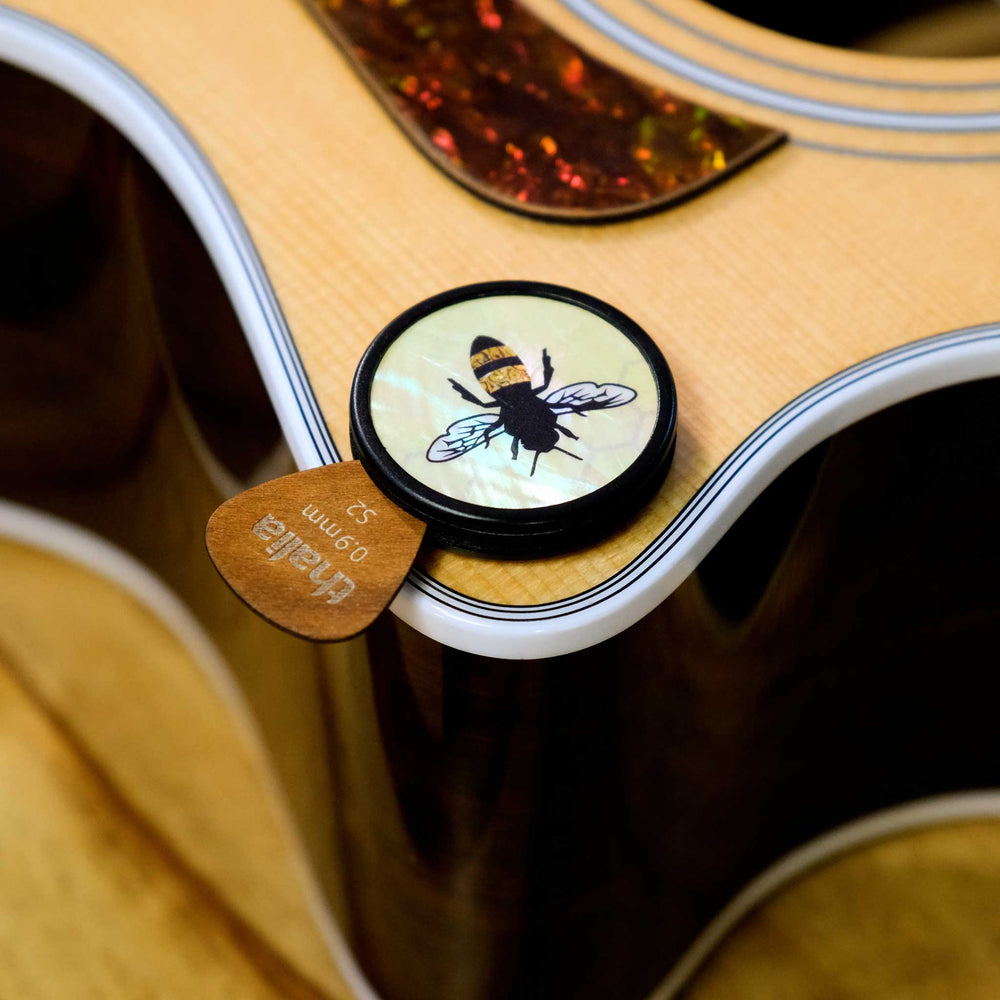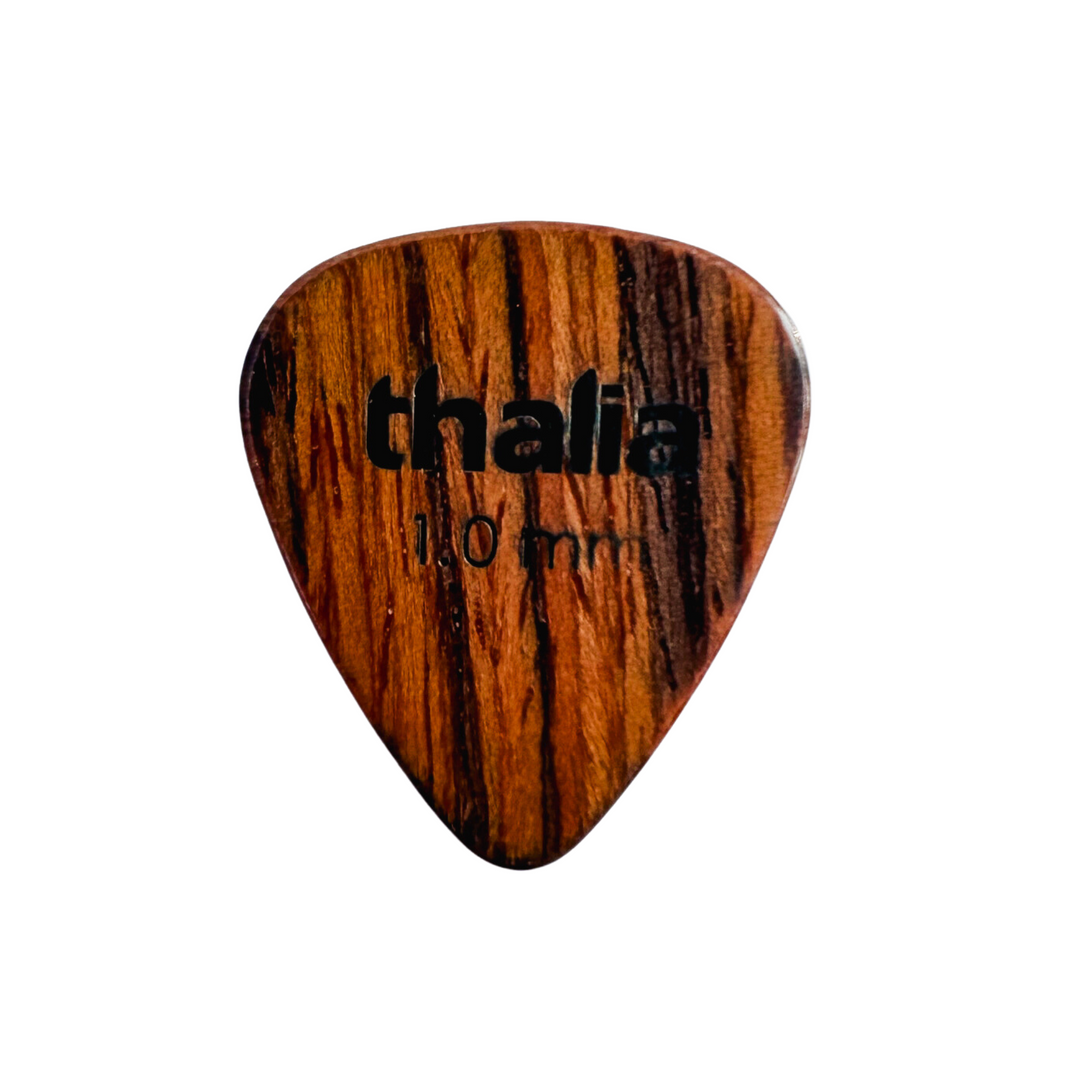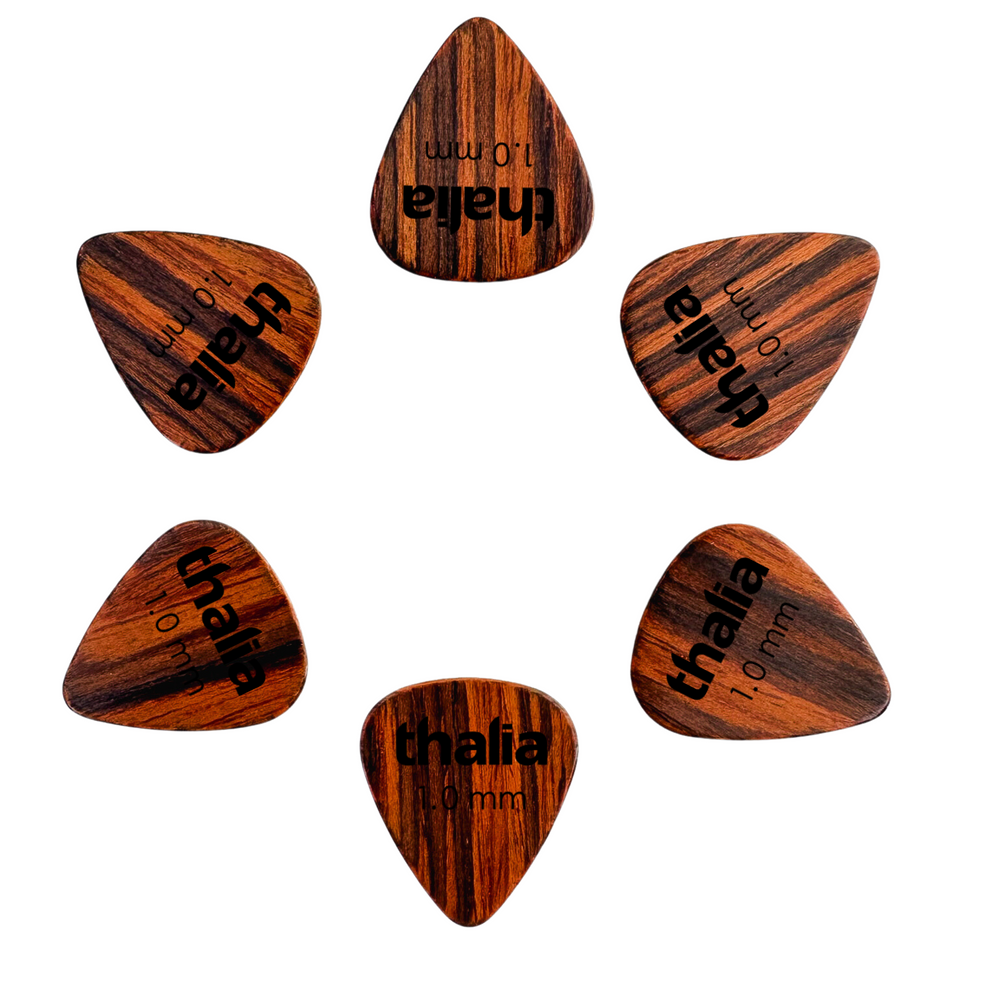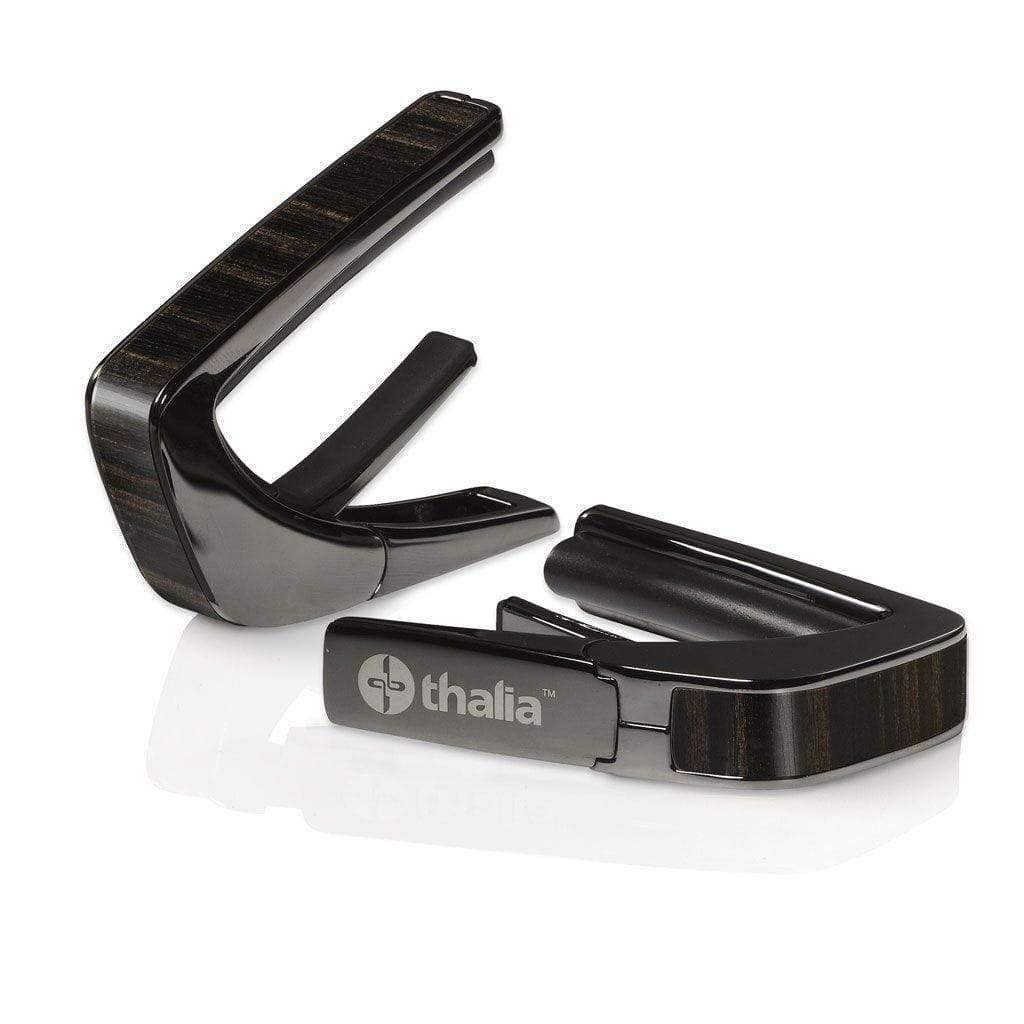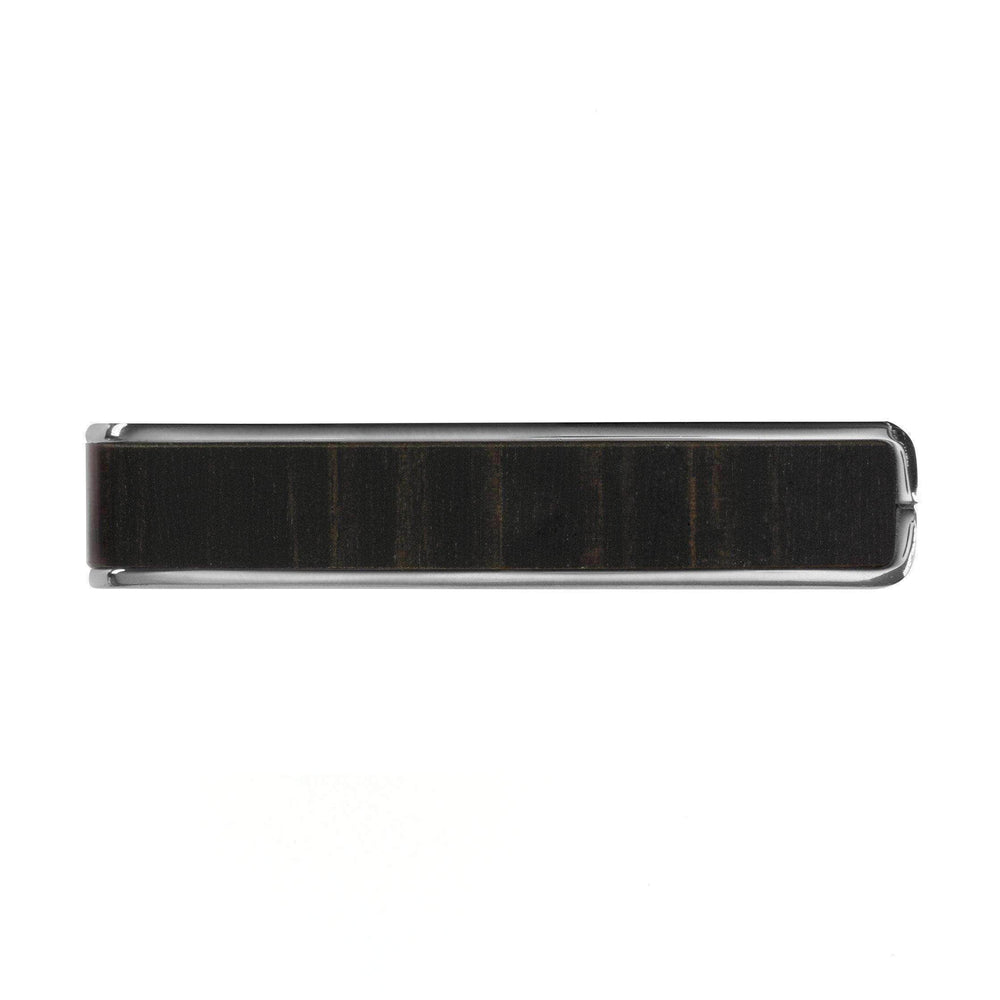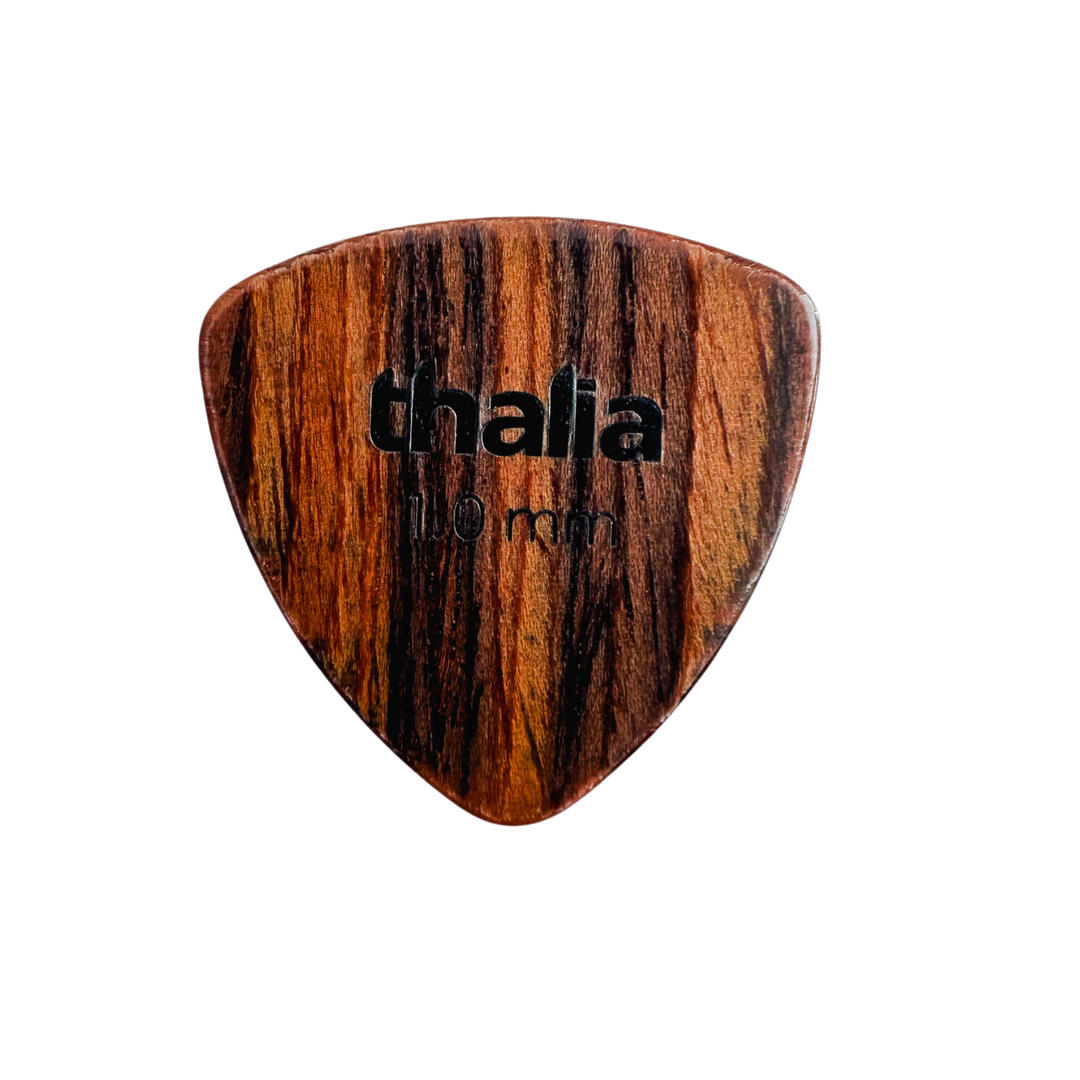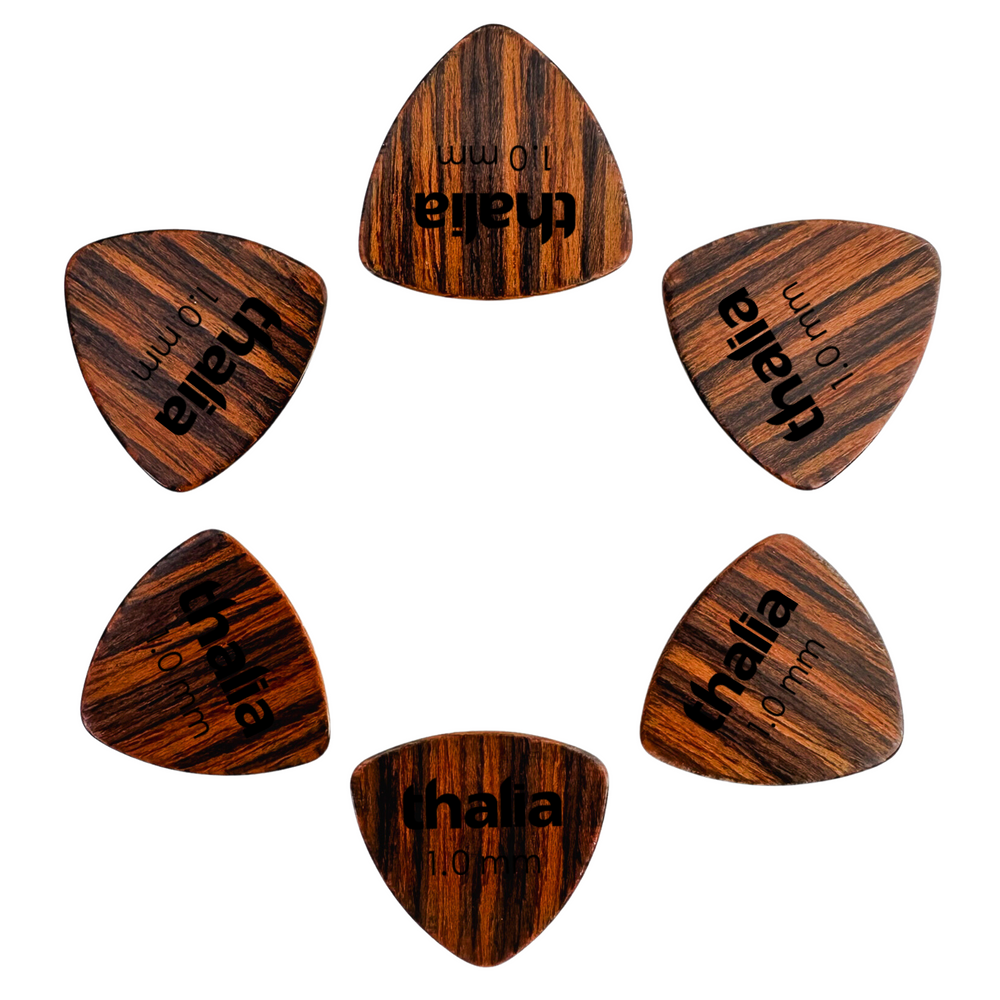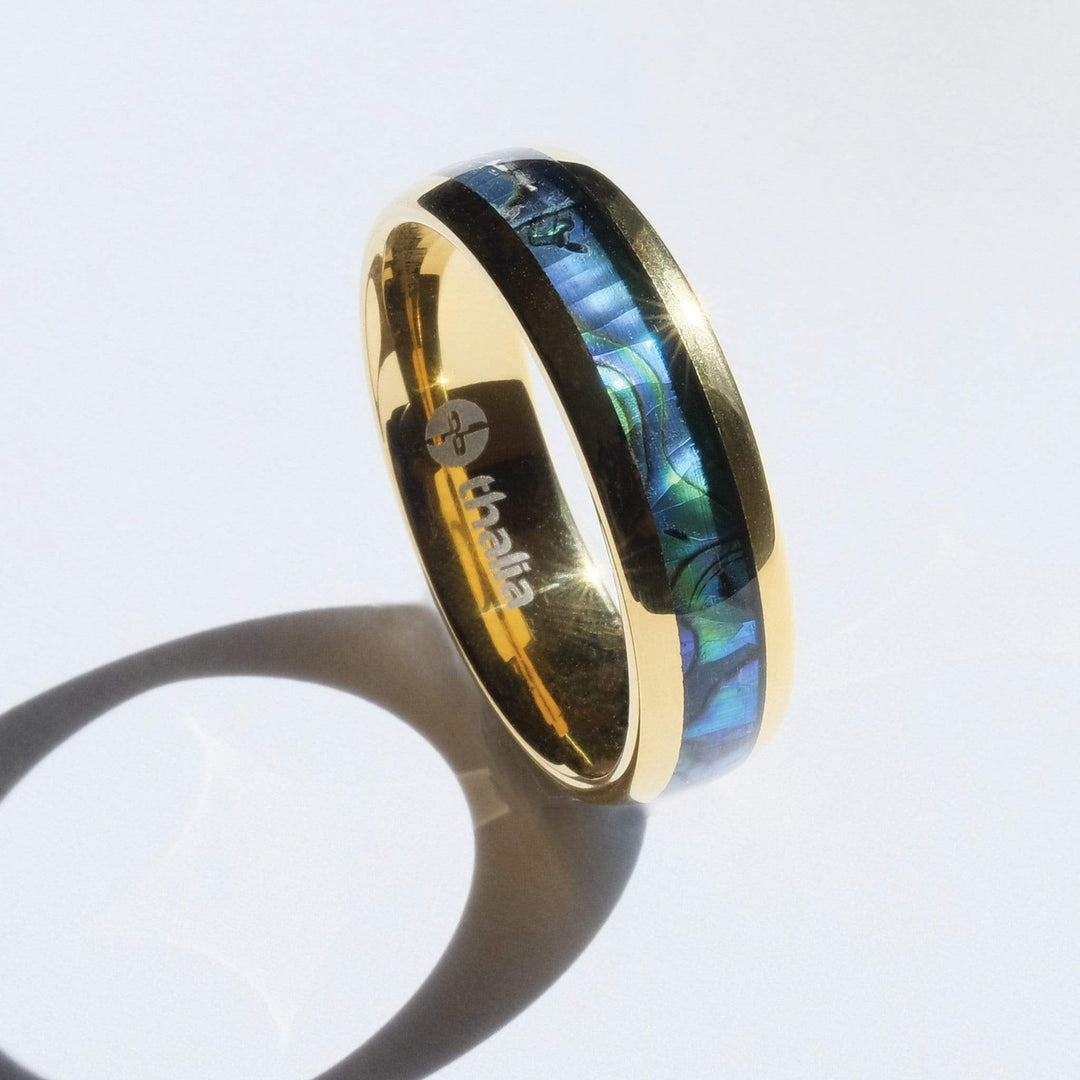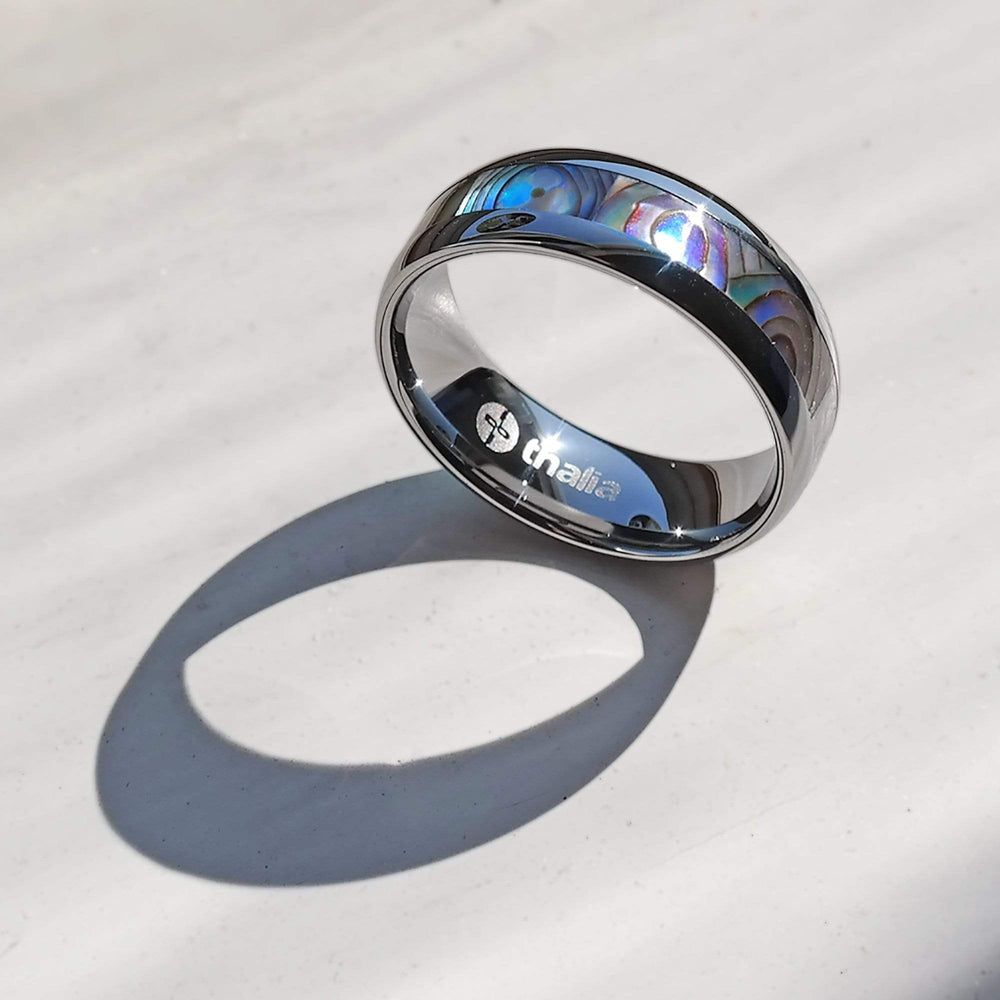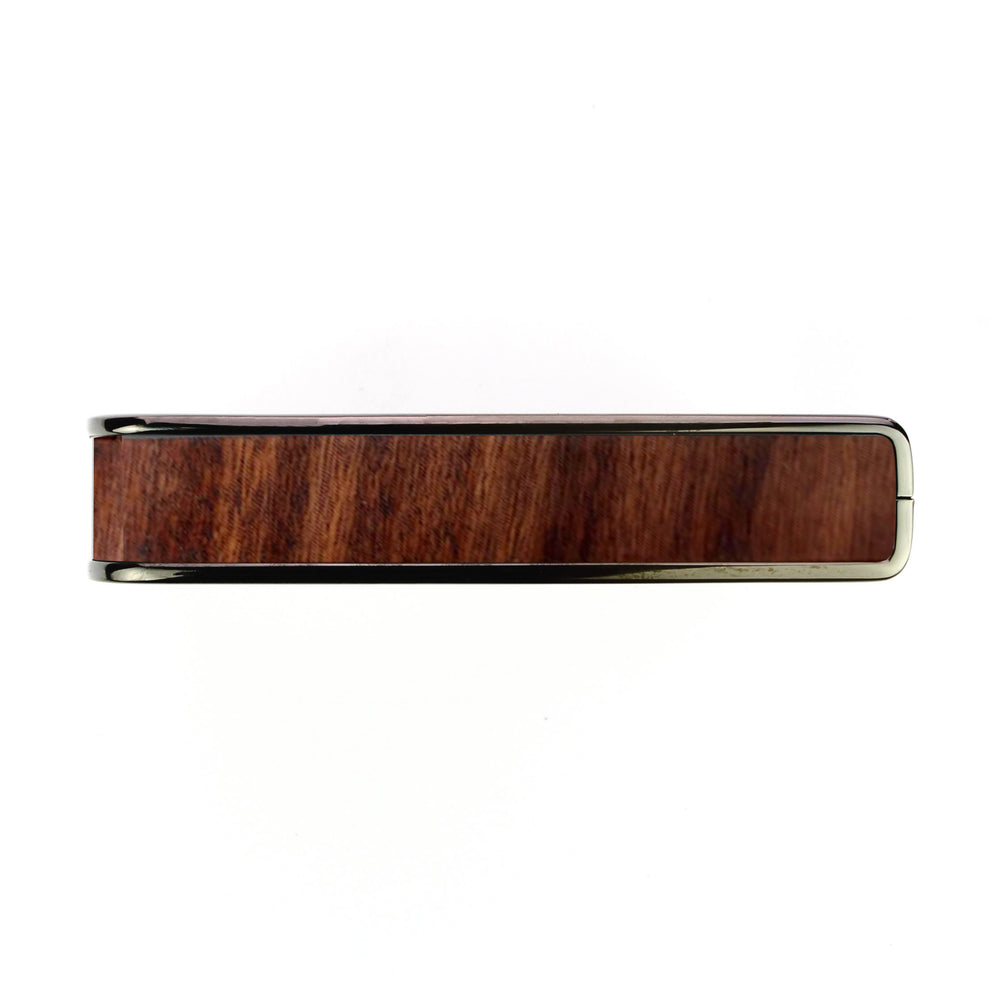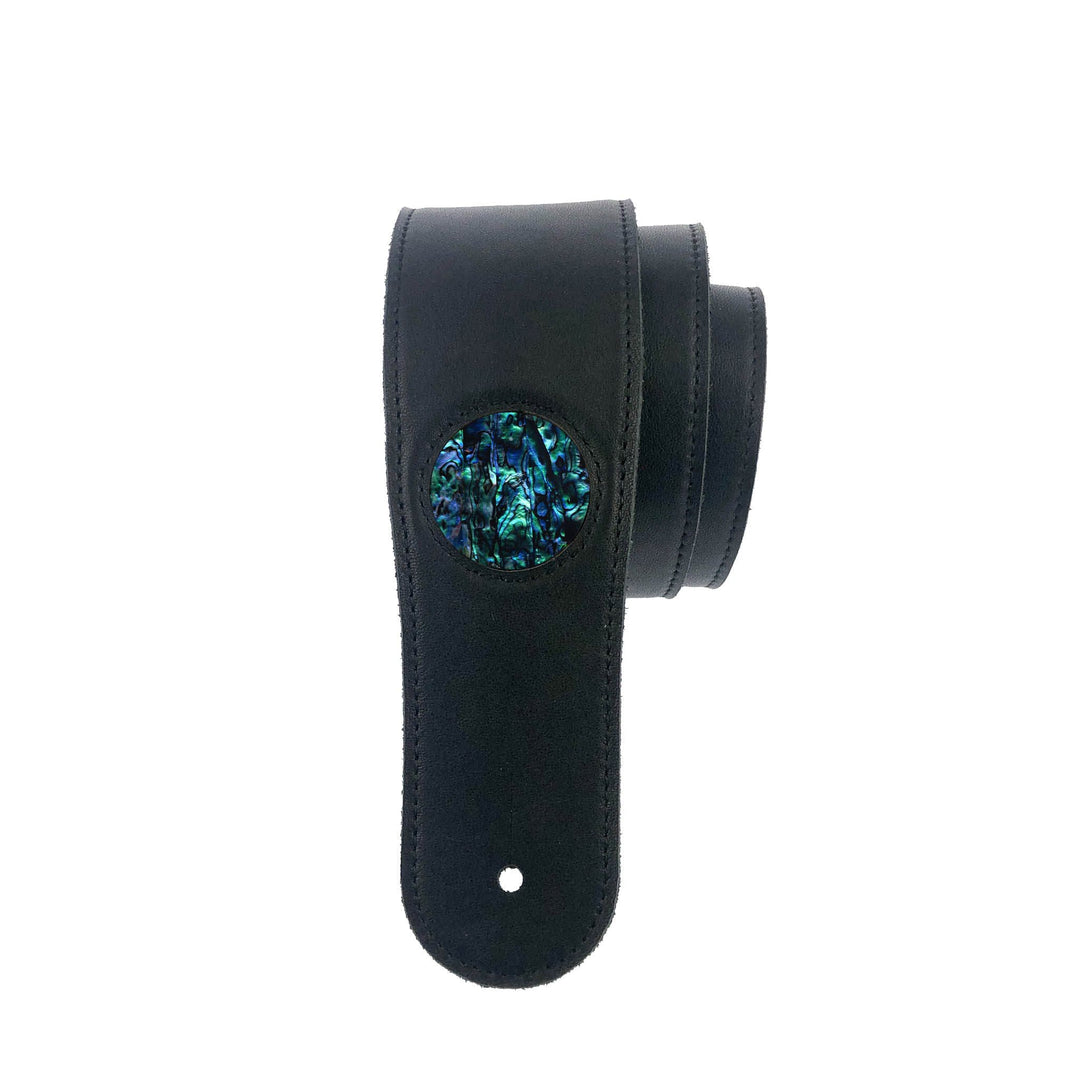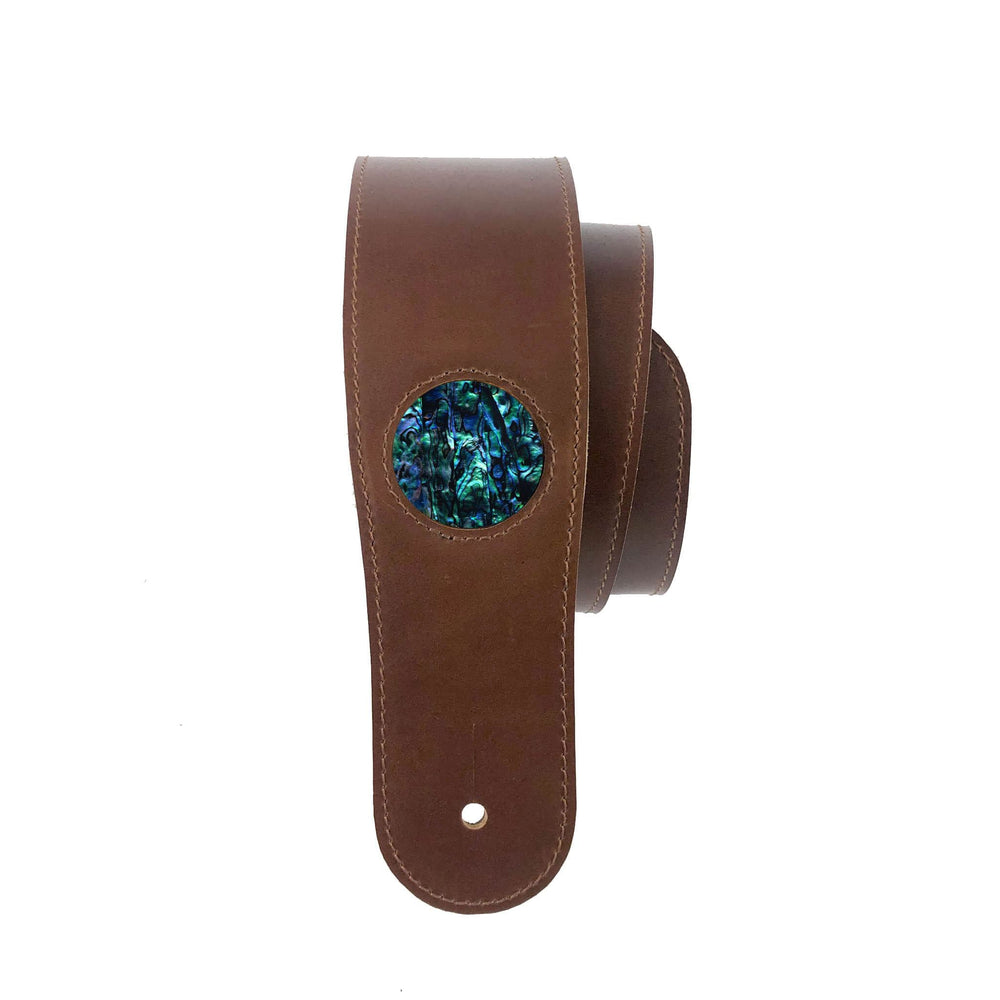Leo Kottke: Three Inspiring Live Performances
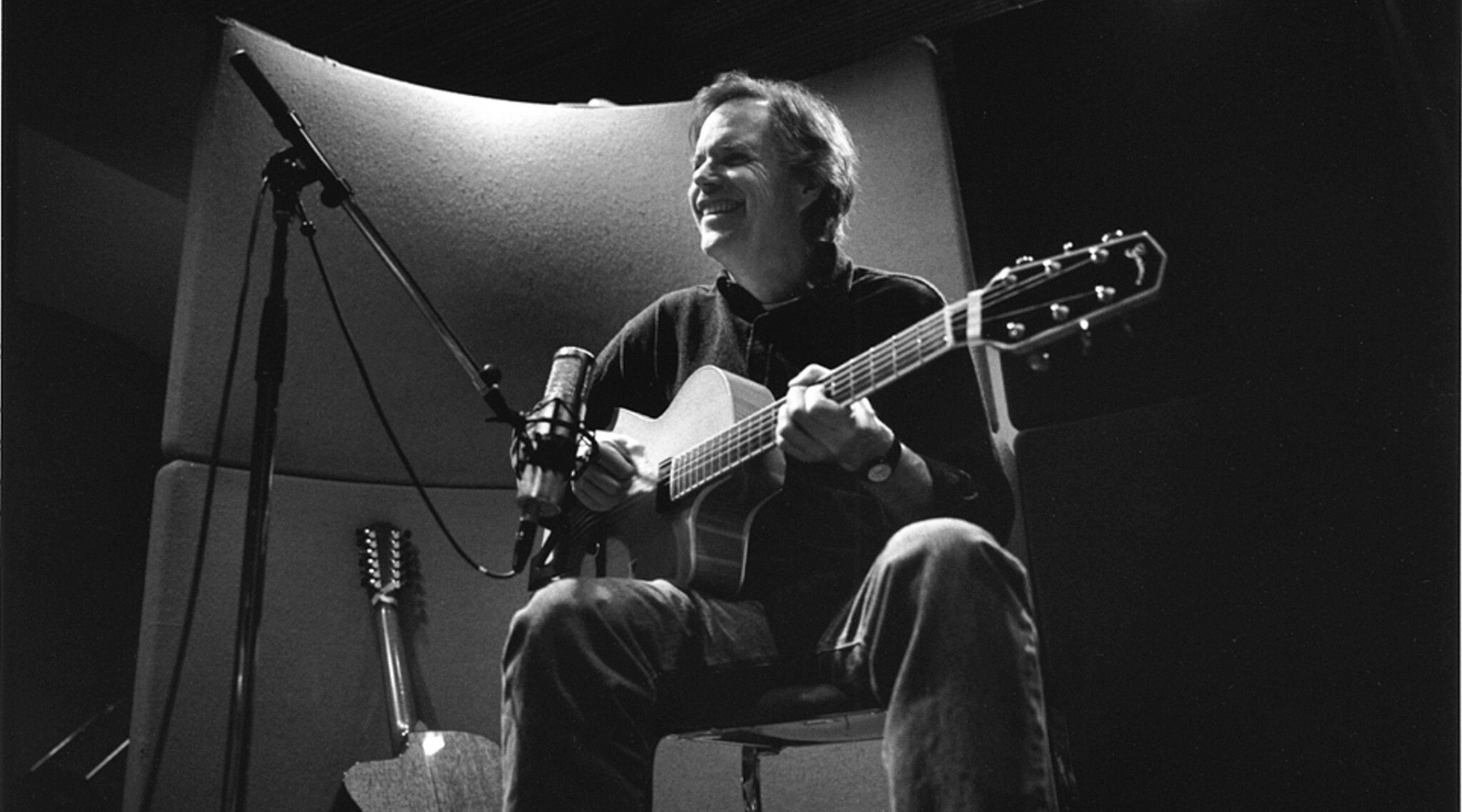

Leo Kottke is a fingerstyle institution, and an inspiration to guitarists across the globe.
His unique blend of folk, blues and jazz and his distinctive syncopated, polyphonic melodies have earned him accolades and followers galore. And, his battles with adversity – he’s overcome partial hearing loss and a near career-ending bout with tendonitis – are testament to his dedication to his craft.
We’re big Leo Kottke fans here at Thalia; he’s on regular rotation on the Thalia HQ playlist. And, in the past few weeks, we’ve been trading notes on some of our top Kottke live performances that we’ve found through the audiovisual goldmine that is YouTube.
For today’s post, we’ve picked out three of our favorites. They’re all full performances, and they’re all proof – as if proof was needed – to why Kottke is such a hero to us all.
Let’s dive in!
Cologne, Germany, 11th January 1977
This performance, recorded live for German network WDR’s legendary Rockpalast show, this near-90 minute performance finds Kottke on top form. He’s playing in support of his eponymous 1976 record here – the first he released on Chrysalis. Highlights include a rousing version of “Hear The Wind Howl / Busted Bicycle” second song in. Kottke’s previously been dismissive of his vocal abilities – he once infamously described his singing voice as "geese farts on a muggy day" – but, his distinctive baritone compliments his playing wonderfully here.
Night Times Variety, Twin Cities Public Television November 28th 1981 (with Michael Johnson)
There’s something thrilling about watching two guitar greats riffing off each-other. Here, Kottke is paired with country/folk singer-songwriter Michael Johnson – he of “Bluer Than Blue” fame – for a half-hour performance on Twin Cities Public Television.
Kottke and Johnson’s tender take on “Mona Ray”, which kicks off the show, is a real delight, as is Kottke’s solo rendition of “Pamela Brown,” which kicks off around the 14-minute mark.
The true highlight of the performance, though, is beautiful version of “Old Fashioned Love” that rounds out the show. The synchronicity between the two players on this rendition – with Michael on six-string nylon and Leo on 12-string – is something really special.
Bottom Line, 1990
Finally, rounding out our list is this show, recorded for TV show “Bottom Line” in 1990. One YouTube commenter simply describes this as “picking porn” and we’re hard pressed to argue with that. Showcasing the classical picking style that he adopted after his battle with tendonitis, his burgeoning jazz influences really shine through on tracks like exhilarating opener “William Powell (Does Anyone Know His Name?).” The version of “Airproofing 2,” meanwhile, is mesmerizing, and a testament to Kottke’s phenomenal, pendulum-like right-hand playing.
So which of these Leo Kottke moments was your favorite? Have you ever seen him live? And what do you think of his distinctive singing voice? As always, share your stories in the comments below. Oh, and if there’s a particular guitarist you’d like to see us cover, then let us know. Suggestions are always welcome!



